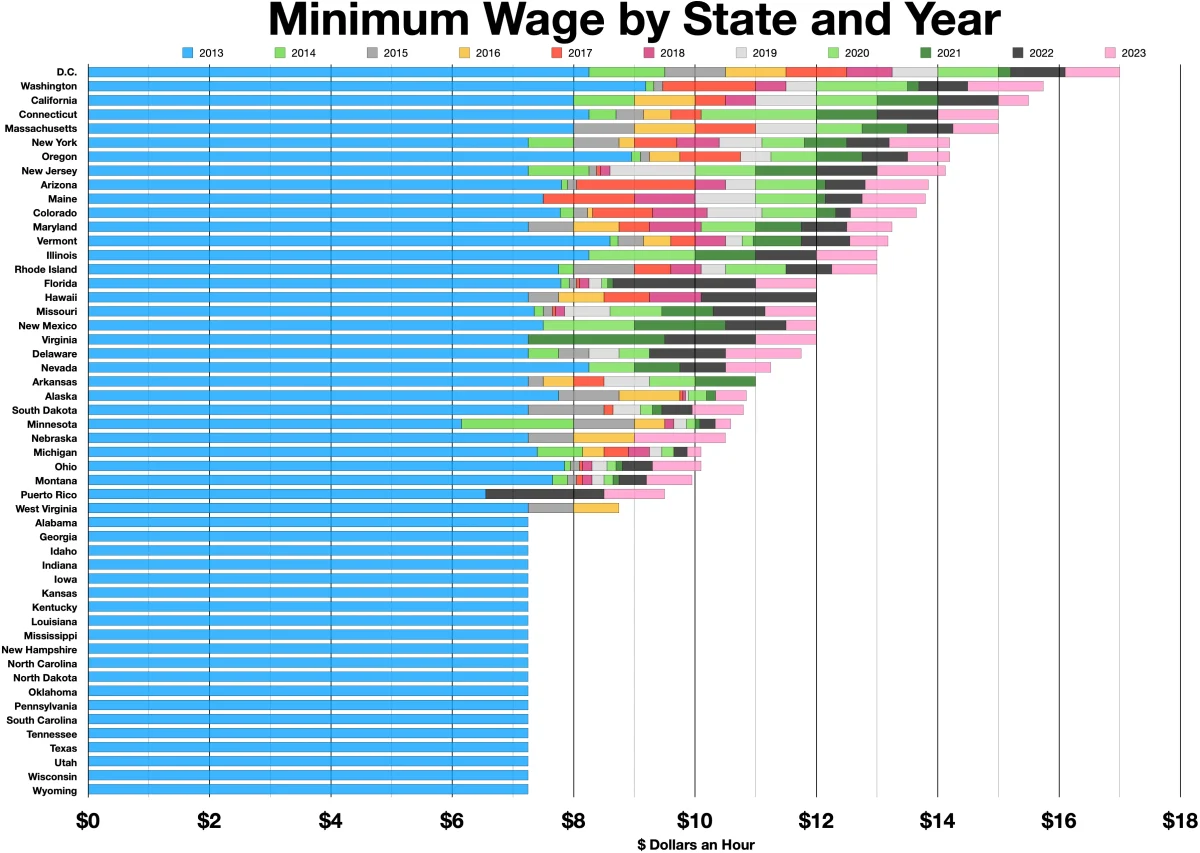The news of the minimum wage raise for California chain fast-food workers caused excitement and dread. The minimum wage has increased from $16 an hour to $20 an hour. Many low-wage workers having difficulty making ends meet were relieved and filled with hope at the prospect of receiving higher wages. The pay increase offered better financial security and a higher standard of living, given the increasing cost of living. Families wanted to be able to pay for their needs without compromising their values.
But the expectations for higher pay grew and worries about the possible effects of such a large raise developed. Small companies that don’t have more than 60 established restaurants nationwide will not be required to increase their minimum wage. Some locally-owned fast-food restaurants worried about the extra pressure on their bottom line because they were already dealing with growing operations expenses.
Restaurants worried about job losses and fewer hours worked as companies adjusted to the increased pay requirements. The debate around this increase in the minimum wage brought attention to people who must be torn between protecting the survival of the business and providing support for workers.
Communities around California started to feel the effects of the last wage increase as soon as it went into effect in 2016. Workers were happy to see the much-needed increase reflected in their paychecks. Many experienced a renewed sense of dignity and empowerment, the result of knowing that their hard work was finally appreciated more fairly. Extra income would help relieve the stress of regular bills allowing families a bit more financial ease without so much stress.
However, many companies found it difficult to adjust. Some felt obligated to make tough decisions to balance the increased labor costs, such as increasing prices or reducing staff. Many industries were impacted by the wage increase, which led to a review of business plans and methods. Despite the obstacles, many companies used creative methods to adjust and succeed in the changing marketplace.
Despite these increases in the minimum wage, California was left to deal with the difficult realities of financial reality. Although many workers experienced immediate benefits from the pay increase, it also revealed the importance of extensive support processes to reduce the difficulties these companies faced. The situation caused stakeholders to look for solutions that gave equal weight to social justice and economic growth. This balance served as a reminder of how labor, business, and society are always linked.













